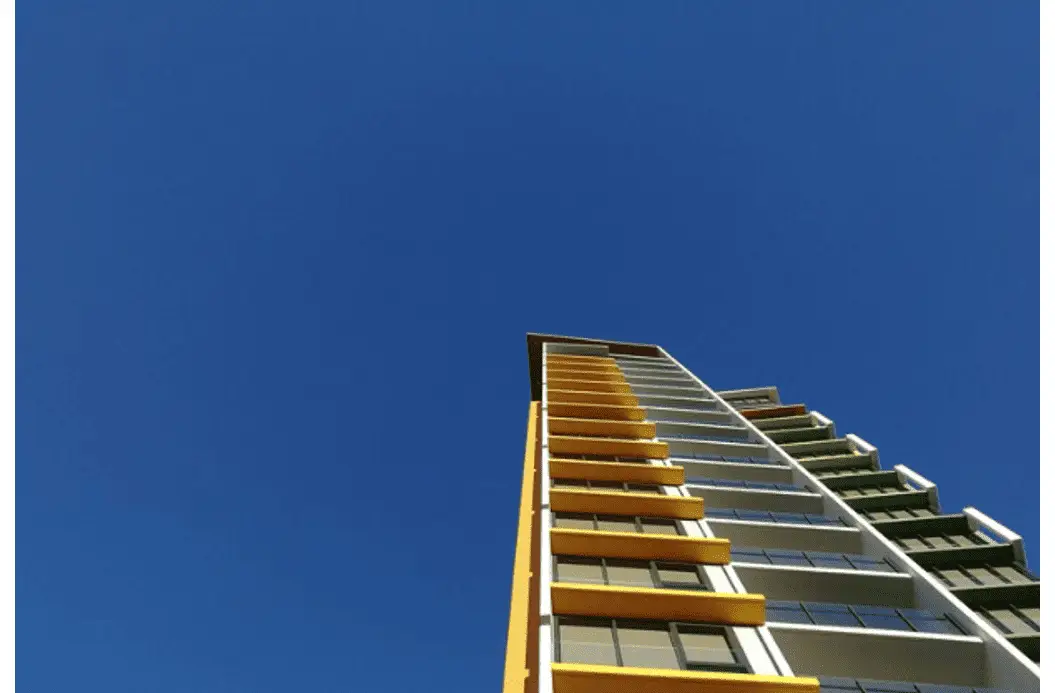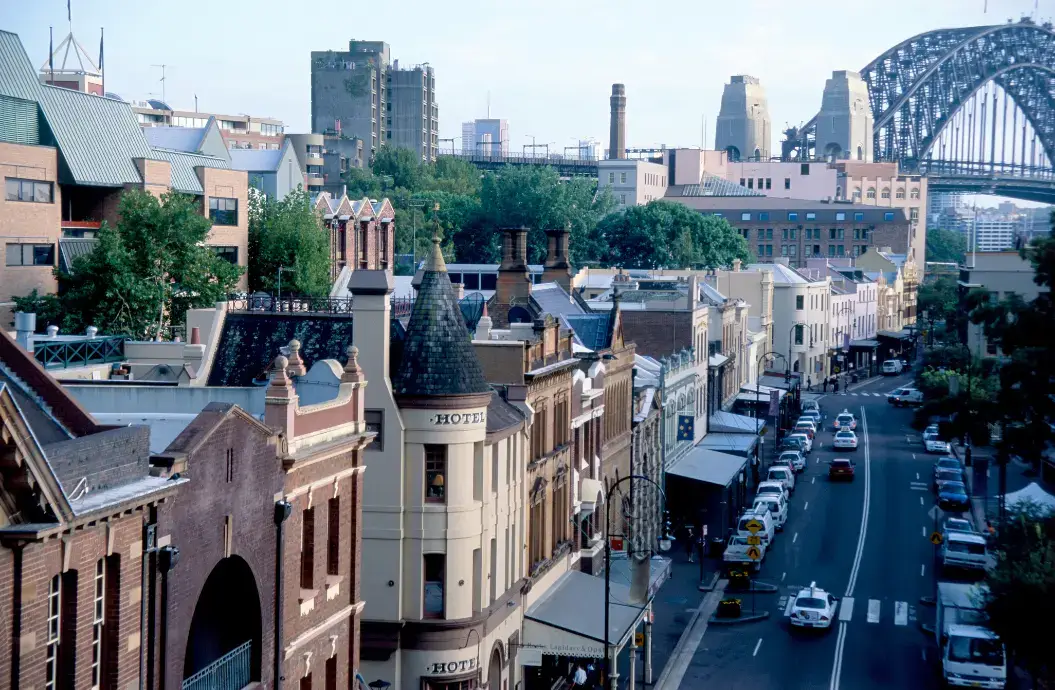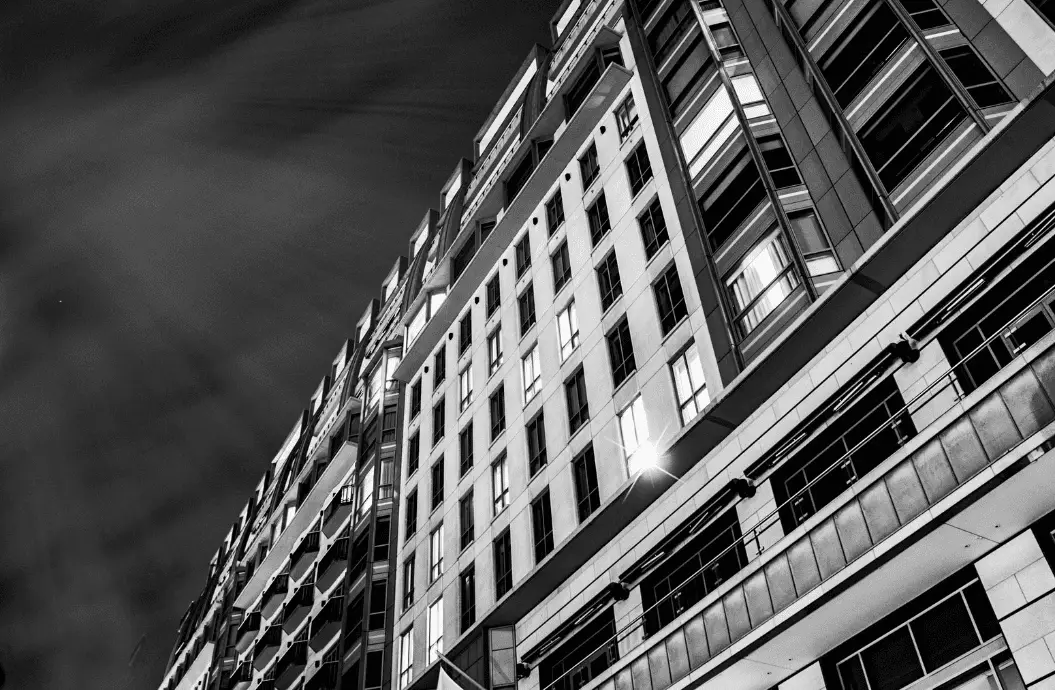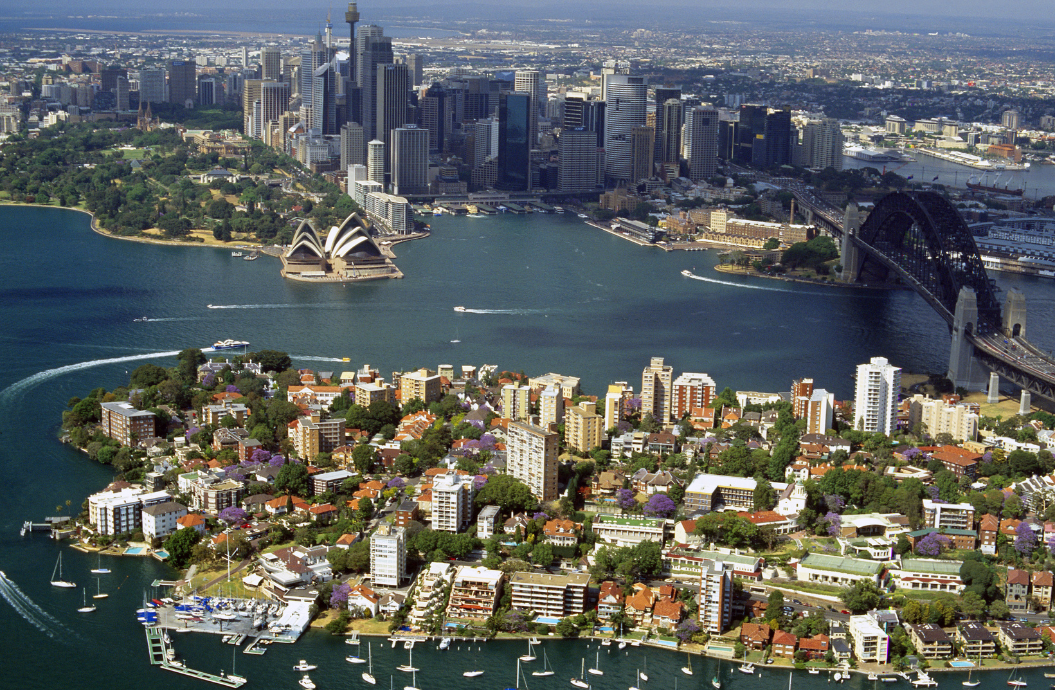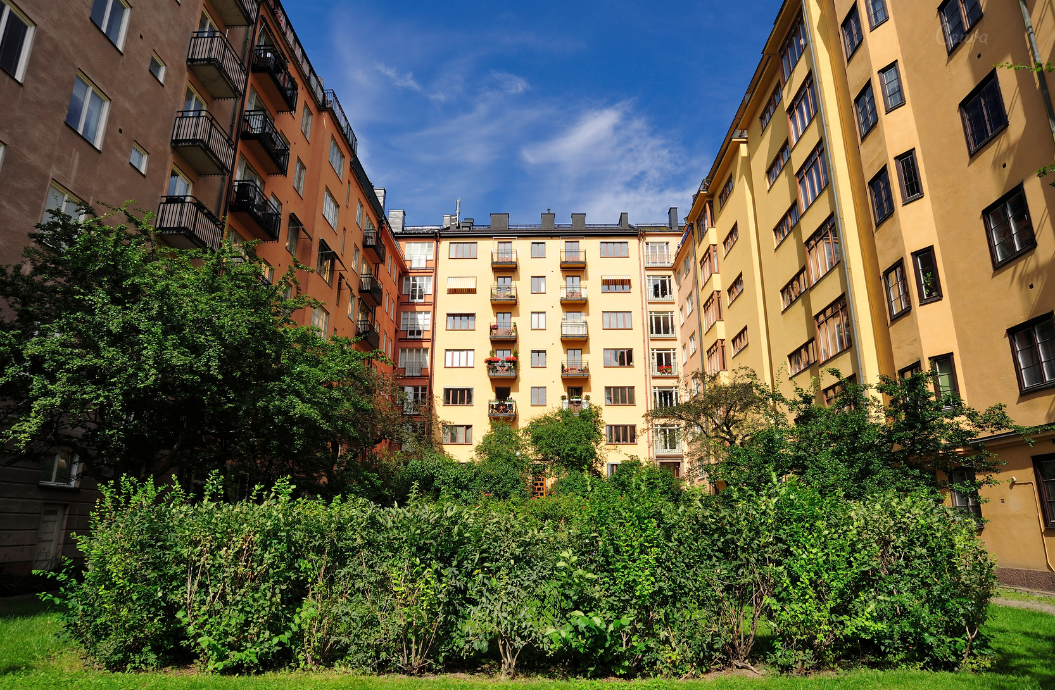
Why People Perceive Buying An Apartment As A Bad Experience? What Is The Misconception?
Buying your first home is a big deal. It is your first official foray into independence. Unfortunately, for most who have taken this one step, they find the experience to be sour.
Either they weren’t properly informed, or they got buyer’s remorse, or their EMIs were too high. This is why we’ve come up with the quintessential guide to buying your first home to make the experience as smooth as possible.
Factors That Bother First-Time Home Buyers
First-time home buyers may get the short end of the stick because of the volume of factors involved in buying a home like:
-
- Inspections
- Permits
- Loans
- Paperwork
To add to this, emotions like buyer’s remorse may add to the woes when buying your first home. However, most of this is fairly avoidable with guidance from a company like Quarter Acre or with diligent research and patience.
This way, you’d be the one to answer what are the steps to buying your first home yourself. But you’re here – which means you want to know more about avoiding bad experiences when buying your first home. So let’s tackle it!
Steps To Avoid Bad Experiences When Buying Your First Home
These are the steps generally used by seasoned real estate buyers and professionals to avoid making poor buying decisions.
1. Stick To A Budget
Buying a home is not a cheap investment at any rate, but it is worth it ultimately. By buying a house, you are protecting yourself against inflation in rent and giving yourself a permanent place to set down roots. This house can also be converted into a source of income for you if you’d rather rent it out.
When buying a house you want to stay in, you must not spend more than 30% of your rent as a rule of thumb. However, if you are buying this property to diversify your investments, the amount is totally up to your discretion.
This is where the buying your first home Vs. investment property decision lies. When making this decision, don’t forget to factor in the cost of living as well as any other miscellaneous expenses you may incur.
2. Evaluate Your Lifestyle
The lifestyle you would like to lead has a very big impact on the location of the house. If you are looking for a place to settle down and have a family, you will have to look for a nice suburb in Sydney. A place with a good school that is kid-friendly and is peaceful.
This should also be a place with plenty of other families around. If you are just starting out in your career, you will need something close to work but not too close, about 20 minutes away. This will greatly decrease your travel time and leave you more time for the things you are passionate about.
If you are a student, it is best to get an apartment as close to the university as possible. This will make sure you are able to walk most places allowing you to save money on transportation and stay fit.
However, if you are someone who is looking to buy an apartment they would like to give out for rent, your objective is to find out what sort of person you would like to rent to and, depending on that, pick an area.
3. Set Boundaries
This is where you will need to set boundaries and parameters in which to look for houses. Such as what amenities you would like, how far your commute would be to work, to the nearest grocery store, to schools, etc..
This is a very important step as it may either make you love your decision to purchase or regret it. Other factors that you should keep a lookout for are:
The amount of traffic in the area and how it will affect your commuting times
Is it a noisy neighbourhood or is it peaceful
What are the crime rates in that neighbourhood
Do this while looking into the best suburbs to buy first home in Sydney.
4. Ask Questions
Asking the right questions will help you understand why a certain apartment is available for a certain price. Knowing the turnover rate of the building and how long the apartment has been empty will give you a real grasp as to how liveable the apartment or the location is.
While looking at the price, be sure to also factor in how many amenities you are getting included in this price. This will help you come up with a ballpark estimate for how much you need to buy a first home in Sydney.
Doing your due diligence in this round will save you much trouble in the future, such as inconvenient parking, traffic, noise, bad neighbours, railway noise, aeroplane noises. All of this should be factored into your decision.
5. Know The Legal Work
Buying a house is a huge financial commitment which is why you should hire a lawyer or a real estate agent to look out for your needs in the course of the sail. Their job is to mitigate as much liability as they can.
Furthermore, if you wish to lease out the apartment after buying it, you will need to draft a rental agreement so that both parties agree upon all of the terms. It is also illegal to rent out an apartment without a legally binding lease in Sydney.
6. Inspect First, Buy Later
There is nothing worse than buying an apartment and finding out that it is falling apart. If you don’t take inspections seriously, you could end up spending a lot of money replacing old pipes, getting rid of infestations, and even getting rid of mould.
This will lead to you investing more money in an apartment for which you have paid the full price. This also will not let you move in anytime soon or even rent it out to people.
Conclusion
Buying a house is a big commitment which is why you have to get it right the first time. With the help of Quarter Acre, one of Sydney’s premium real estate educators, you will see the world of commercial real estate open doors for you.


